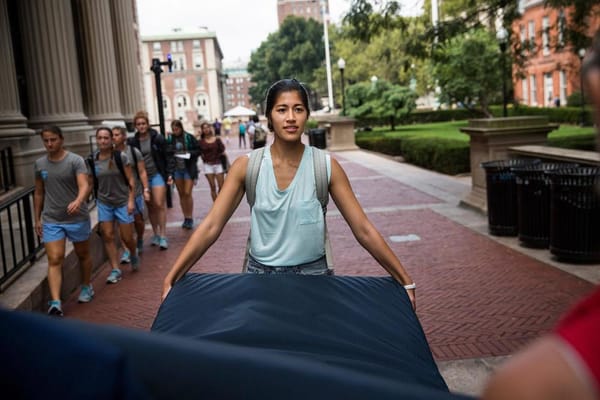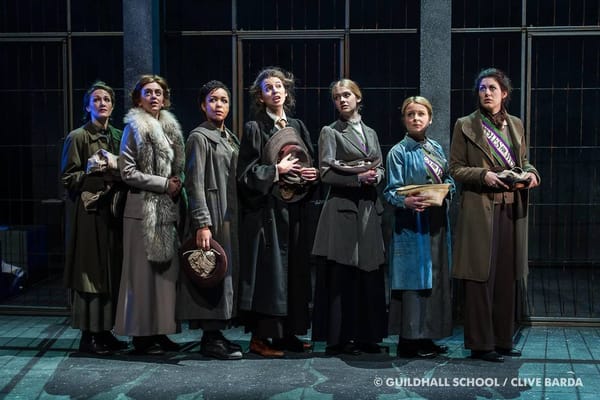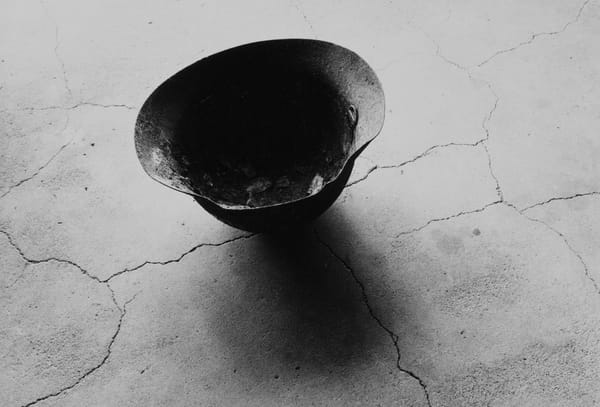Daring to Hope in the Face of Austerity
Clara Clark Nevola reviews The Royal Court's new play
Fiscal responsibility and council politics – possibly the most unglamorous combination. In this new play by Jack Thorne, the story of a Labour council dealing with crippling budget cuts is recounted in a warm, human, engaging manner, highlighting the absurd situation that current austerity measures have created.
Instructed to slash their budget by £22m, the council has to decide where to make the cuts: street lighting, _Sure Start _children centres, exercise classes at the Leisure Centre, or the adult day care centre. The plot is simple enough; the council already operates on minimum budget, and by cutting funding they can no longer provide the services their area needs. Each cut they make has a direct consequence; closure of childcare in a predominantly Muslim area causes clashes and EDL rallies. Reduction of street lighting leads to an increase of violent crime. As the play progresses the meeting between council leader Hilary (Stella Gonet) and her deputy Mark (Paul Higgins from The Thick of It) become increasingly desperate, as the impossibility of their task becomes increasingly apparent.
Thorne manages to keep the story real: despite the clear message, Hope avoids becoming a 21st century cautionary tale. The fly-on-the-wall effect is very strong, with each new event managing to appear as a natural, realistic progression rather than moralistic point-scoring. This is helped by the fact that each character has a very different input to the problem: the pro-protest, joint-smoking councillor from the 80s; the duty-driven council leader Hilary; the mutinous but naïve young councillor Sarwan; and the deputy leader Mark, who sees the budget cut decisions as a personal, difficult responsibility rather than an unpleasant political decision. The characters stick to their belief, without their different solutions being resolved into a clear message. The play does not have a solution to the budget cuts we are living through, but it offers a way of dealing with them: hope. Hope for a better future, hope that people will make the right choices and hope that those choices will translate into positive change. Mark’s clever, funny teenage son Jake embodies this hope with his witty, insightful comments.
After a national level scandal caused by their decision to close the adult day-care centre, Mark and Sarwan decide to be the first council in Britain to refuse the budget they’ve been set. In an act of defiance towards central government, they hope to show the world that, at local level, the austerity which is being imposed on them is harmful. The abstract number sent to them by the government translates to a dramatically diminishing in the quality of life for the neediest amongst us. It’s a very powerful message; we cannot do what is being asked of us. But their protests fall flat, as popular outcry against the shirking council means that their decision lacks the all important media support.
The overwhelming feeling of urgent need for political change that Hope conveys is elating. It is a left-wing call to arms against the savage austerity we’re living through, but also a very funny piece on very real people. Yes, my soul was stirred toward righteous revolt against the absurd Tory policies we’re subjected to – but not so much that I couldn’t have a good laugh at the awkward father-son sex talks between Mark and Jake. Political poignancy does not exclude entertainment, as many politicians should learn.
As the on-stage calendar flips to the current date, Jake tells the nostalgic ex-Labour leader “it’s possible I will have a better life than you. It’s possible the world will be better. Just so you know.” That’s what we all think, and that’s why we must have hope in the future.
Hope is on at The Royal Court until 10th Jan 2015. Tickets from £10.









